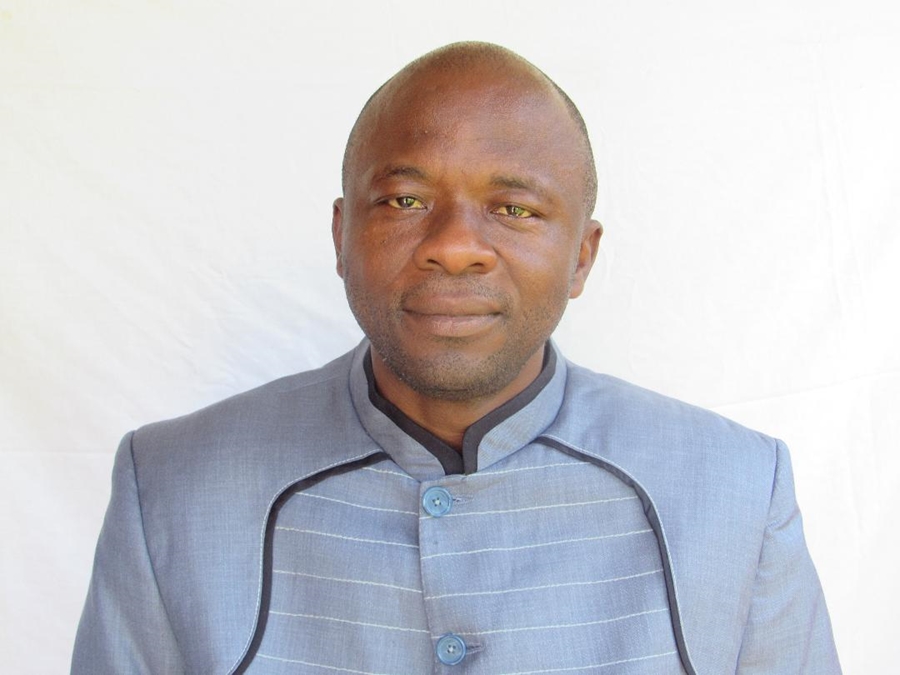Merlin Kamgue, a University of Arkansas doctoral student in the Educational Statistics and Research Methods program, has been accepted into the Southern Regional Education Board-State Doctoral Scholars Program.
The Doctoral Scholars Program goal is to increase faculty diversity, by supporting more minority Ph.D. students who seek careers as faculty on college campuses. Allison Ames Boykin, assistant professor in Educational Statistics and Research Methods program at the U of A, said SREB provides multiple layers of support for the award recipient. That includes financial assistance, research funding, career counseling, job postings and a scholar directory for networking and recruiting, she said.
"This is a competitive award, and we are very excited for Merlin," she said.
Kamgue said SREB points out that "over one-third of America's college students are people of color." In contrast, only about 5 percent of faculty are African American, and the percentage of Hispanic (3%) and Native American (1%) faculty is even lower, he noted.
"But getting a doctoral degree is expensive, beyond just the tuition," he said. "For the first two years of my doctoral studies, I was on the faculty at Arkansas Baptist College, a historically black college in Little Rock. My earnings from Arkansas Baptist College have been barely sufficient to cover day-to-day living expenses. The costs of tuition and transportation — for my travel from Little Rock to and from Fayetteville — were significant financial burdens on my family.
"Erasing the financial hurdles to pursuing my doctoral degree full-time were critical to my successful completion of the degree in Educational Statistics and Research Methods."
Kamgue said in the past he has confronted homelessness and dire poverty, and recognized the importance of a formal education as a pathway out of those circumstances.
"I developed an interest in improving access to formal education for underserved, disadvantaged, and unprepared individuals," he said. "My experience teaching at an HBCU has reinforced this desire. I am only too familiar, as a result of my own experiences, with the despair and frustration which is endemic to individuals who are struggling to survive. I am passionate about improving access to formal education, as I am convinced that increasing individuals' access to education is often the difference between individuals' despondency and hope."
Kamgue said he hopes to use his training in educational statistics and research methods, as well as his teaching experience, to continue researching the pathway to formal education to guide data-driven policy decisions.
"I believe that my own experiences will foster an environment in the classroom that encourages learning for all, regardless of a students' background," he said.
Kamgue is currently collaborating with the Office of Institutional Research and Assessment at the U of A to examine student engagement data.
"Research experiences like this, in addition to classroom training, will allow me to pursue my life's mission -- to make formal higher education accessible to all," he said.
Since its founding in 1993, the Southern Regional Education Board-State Doctoral Scholars Program has supported more than 1,660 scholars who have attended 107 institutions in more than 30 states.
Topics
Contacts
Allison A. Boykin, assistant professor
Rehabilitation, Human Resources, and Communication Disorders
479-575-7428,
Shannon Magsam, director of communications
College of Education and Health Professions
479-409-0424,
